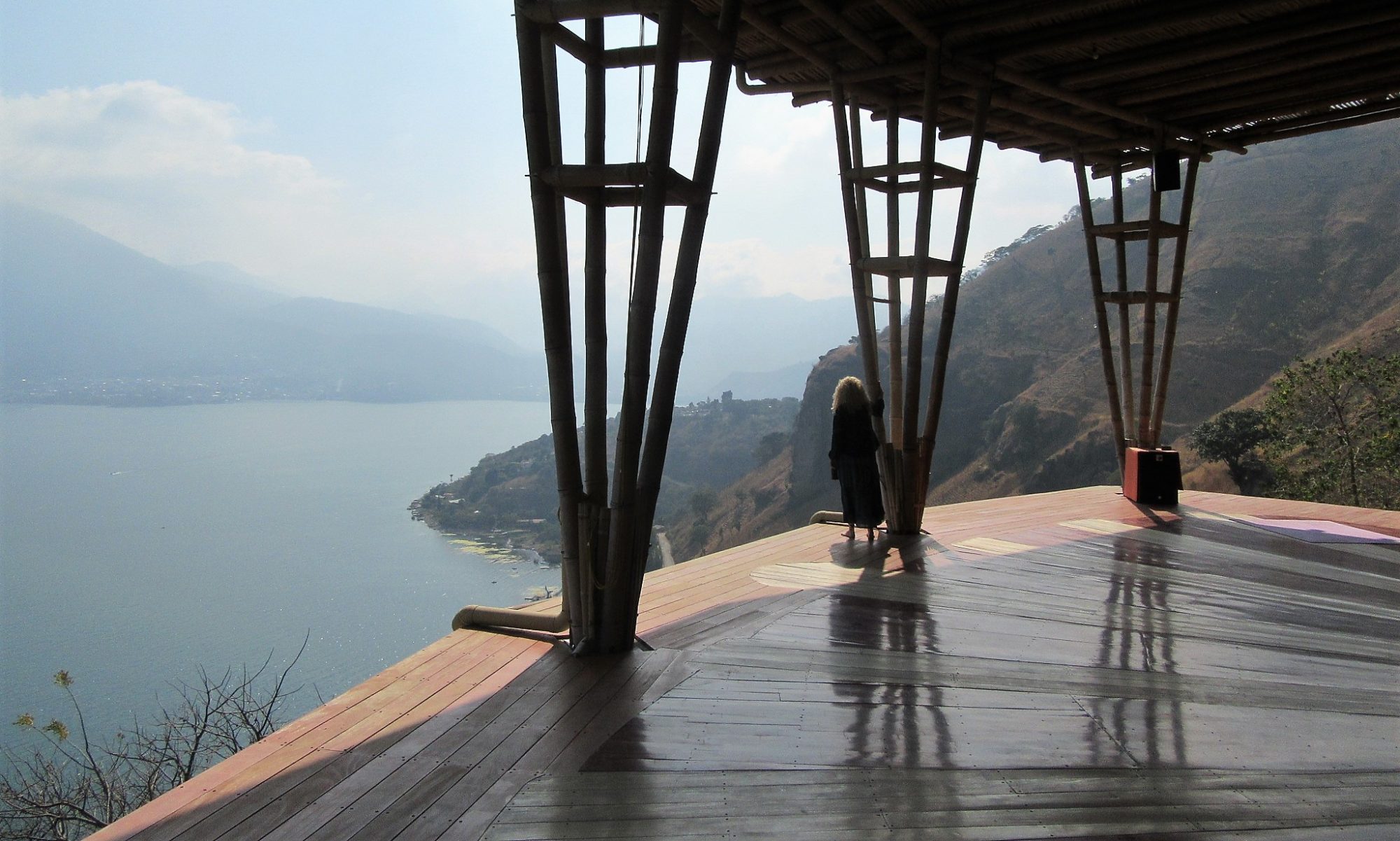By William T. Hathaway
In Sunday’s election in Germany a new party, Alternatives for Germany, broke through the established power structure to become the second strongest force in parliament. A key factor in its success was a call to overcome the postwar guilt and shame that have been predominant in the country. For many years these were a necessary reckoning with past atrocities, but this burden of blame has increasingly lamed the country and become a handicap to its progress. Leaving it behind is part of a gradual evolution that has been going on since the 1990s.
When I came to Germany in 1993 as a guest professor, I noticed that many students were eager to express their dislike of their country: Germany had done terrible things, and they were ashamed of it. They took pride in this dislike, as if it were a virtue, and they seemed to be trying to win my approval with it. When I pointed out they were feeling guilty about crimes their grandparents’ generation had committed 50 years ago, they responded, “It might happen again!”
I left Germany after 2½ years and returned in 2000. The attitude of guilt was still there, but not so universal. In classroom discussions a few students defended their country, but they were quickly overruled by the majority. Sometimes after class some students would apologize to me for this minority. They were embarrassed by it, found it shameful.
The minority grew over the years. Classroom discussions sometimes became heated arguments. The students who wanted to hold on to guilt seemed to do so out of civic duty. Those who wanted to abandon it had an impatient, enough-is-enough attitude.
In 2010 Shimon Peres, Israel’s president and Nobel-Prize-winner, told the German parliament the most important lesson to be learned from the Holocaust is, “Never again!” His statement was a warning that the Holocaust came not just out of the historical situation back then but out of something in Germans that is there even today. Germans have a personal responsibility for atrocities committed before they were born. This received widespread praise from the establishment.
The pro-guilt students felt affirmed by this. They insisted present-day Germans have to guard against these tendencies. These students wore their shame like a badge of honor.
In 2017 Alternatives for Germany gained entry to parliament with 12 percent of the vote as the third strongest party. The establishment parties and media went into full alarm at this threat to their power. They launched a defamation campaign with slanted news and outright lies, implying the AfD was full of Neo-Nazis who would again turn Germany into a pariah in the family of nations. AfD representatives became targets of hatred, their voters of contempt.
This polarized the country, including the students. Discussions became much more emotional, loaded with anger, self-righteousness and defensiveness. The society was going through a rending transition that has intensified in the past eight years, and the AfD is an important factor in it. In addition to their historical revisionism, they are nationalist libertarian-conservatives favoring less government and stricter asylum laws – a position that is gaining momentum worldwide.
After Sunday’s election the parties face the unwieldy task of building a coalition that can actually govern. The strongest force is the conservative Union with 28% of the vote. AfD is second with 20%, Social Democrats 16%, Greens 11%, and Left 8%. To isolate the AfD, the Union has refused to form a coalition with it, preferring to cobble together a three-way coalition with the smaller parties. But the differences among them are so deep that agreements will be difficult to reach. The political process will be deadlocked at a time when Germany needs decisive action. The resulting chaos will strengthen AfD all the more, and it may end up with an absolute majority after the next election. If the government falls apart, that could be soon.
In spite of the political wrangling, Germans are on the way to overcoming their guilt and shame. They’ll remember the atrocities of those twelve terrible years but know they are history. They’ll no longer be chained to the past.
William T. Hathaway was a guest professor at universities in Germany and has lived there for 27 years.























 As a more positive definition, the “libertarian” label comes to hand: “1) One who advocates maximizing individual rights and minimizing the role of the state; 2) One who believes in free will.”
As a more positive definition, the “libertarian” label comes to hand: “1) One who advocates maximizing individual rights and minimizing the role of the state; 2) One who believes in free will.”

 With a more positivist orientation, leaving behind the political sphere can allow the uncompromised life force to find expression instead in other areas of life. The doors are open to savoring the texture of our relationships; honing the harmonic craft of our everyday voice and creative expression; reflection and appreciation of life’s wonders and mysteries; expansion of identity to embrace all that is. Naturally, while still maintaining the integrity of that health and home.
With a more positivist orientation, leaving behind the political sphere can allow the uncompromised life force to find expression instead in other areas of life. The doors are open to savoring the texture of our relationships; honing the harmonic craft of our everyday voice and creative expression; reflection and appreciation of life’s wonders and mysteries; expansion of identity to embrace all that is. Naturally, while still maintaining the integrity of that health and home.